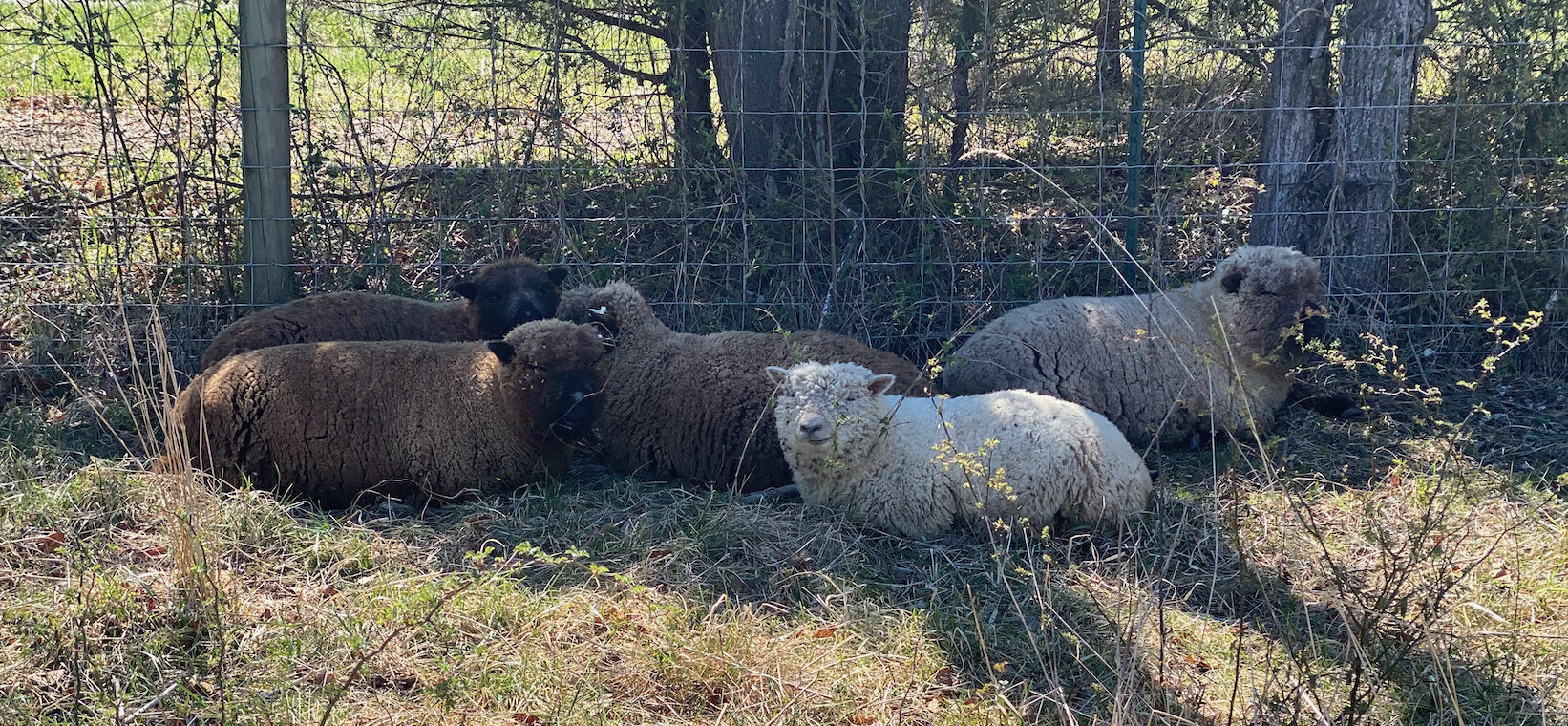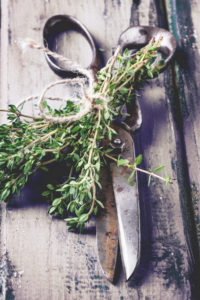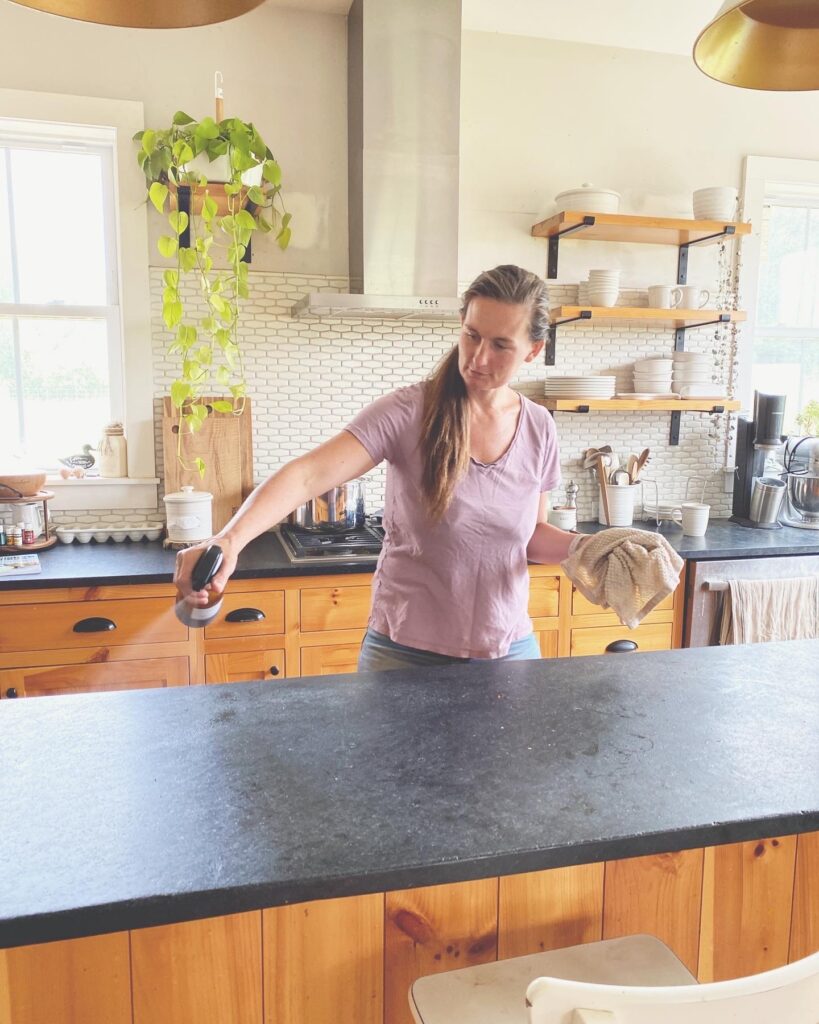
The ewe in this story is the white one at the front of the photo. The photo was taken the day after the big scare, she was back to calmly chewing her cud with the rest of the flock.
Just three days before the first birthday of our ewe Stellaria, Peter came in from refilling waterers at nearly 9pm and told me she was making a funny coughing sound.
The way he was mimicking the sound, I thought maybe it was one they sometimes make when bringing up their cud but he felt something was off since she was hanging back from the flock, not interested in the water, not grazing and not chewing her cud. He asked me to go see what I thought.
The ewes were all the way on the other side of our property. As I approached (even in the dark) I could tell something was very wrong. She was no longer making any noise but was struggling to breathe, breathing rapidly with her mouth open and her tongue hanging out with foam all around her mouth. My first thought was choking. The energizer wire had broken in the morning and some of our ewes got out. Was it something she got into? But why was she fine all day only to have it effect her 12 hours later if that were the case?
There’s no cell service where the ewes were so I ran back to the house and had the big kids come help me see if we could see anything in her throat. (We couldn’t.) We felt helpless since we had no idea what was causing this severe breathing distress and scared we were going to lose her since we weren’t sure how much time we had to help her.
We ran back toward the house again and called a friend while waiting for the vet to return our call. Both our friend and the vet suspected pneumonia and helped us rule out other possibilities. Then we went to take her temperature to confirm. A normal temperature in sheep is 102-102.5. The vet said if she was 104 go ahead and try our natural remedies but if she was 105+ she thought we should come pick up injectable medications right away. We took her temp and it was 106.2! ????
We gave her the natural remedies we had on hand (essential oils for immune support, fever support and respiratory support, ionic minerals, probiotics, and fruit puree for anti-oxidant and anti-inflammatory immune support) and then Peter took off to pick up the injections. My reference book says pneumonia in sheep and goats causes lesions on the lungs, which would explain why she was struggling to breathe.
By the time Peter got back with the medications and we went to check on her status it was immediately noticeable that she had improved significantly. She was still breathing somewhat rapidly but she looked much calmer and was able to breathe with her mouth shut. We took her temp and it was down to 104! Since she made such a rapid improvement we held off on giving her the injections.
By morning she was back to breathing normally and grazing with the flock when we checked on her. We didn’t catch her on our first try and she briefly started wheezing when she ran from us but recovered quickly. Her temp was down to 102.7. We gave her the natural remedies again, and will continue giving them twice a day for at least four days as our vet suggested.
I thank the Lord that Peter went to the sheep that night or she may not have made it through the night. We’ve never had an experience like this before but this is exactly why I think it’s so important to have a relationship with a vet! She helps us diagnose anything that we can’t figure out on our own, and we can then treat accordingly. Our natural remedies have always worked so far!
We also learned how to tell the difference between a sheep that is choking and a sheep in respiratory distress from pneumonia. We also know to keep an eye out for pneumonia in the spring when the weather is up and down (we’ve had a lot of warm sunny days with cold, windy and rainy nights recently.)
Note on choking:
- It’s rare for a sheep to choke on anything other than grains (they don’t make enough saliva to eat grains without a risk of choking)
- A sheep that is choking will be very obviously trying to dislodge the blockage: stretching out her neck, swinging her head around etc
Want to learn more about the natural remedies we use? Learn all about natural sheep care in the Holistic Homestead Course!












